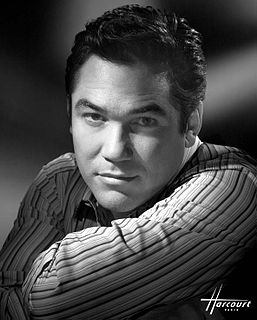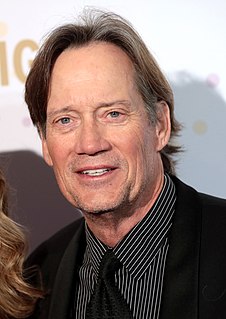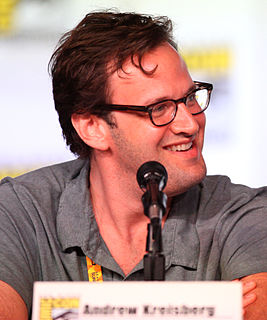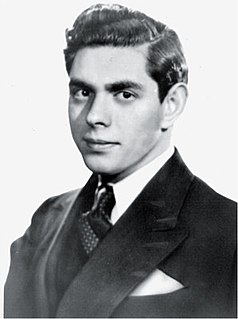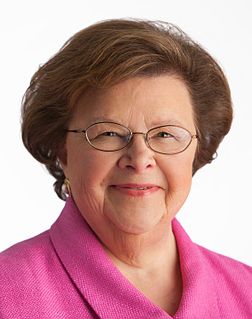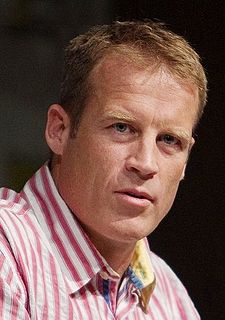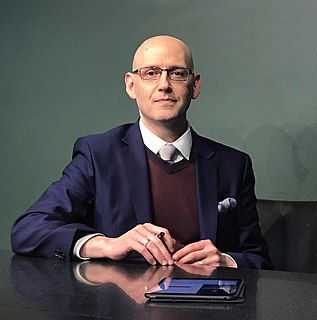A Quote by David Nutter
When I directed the pilot for 'Smallville,' I knew that making Clark Kent relatable would be the key to audiences believing in him as a hero. 'Arrow' is a different show - darker and harder-edged - but it's the same core idea.
Related Quotes
Superman didn't become Superman. Superman was born Superman. When Superman wakes up in the morning, he's Superman. His alter ego is Clark Kent. His outfit with the big red "S", that's the blanket he was wrapped in as a baby when the Kents found him. Those are his clothes. What Kent wears - the glasses, the business suit - that's the costume. That's the costume Superman wears to blend in with us. Clark Kent is how Superman views us. And what are the characteristics of Clark Kent. He's weak... he's unsure of himself... he's a coward. Clark Kent is Superman's critique on the whole human race.
I don't know if God would agree with me, but believing in God is kind of unimportant when compared to believing in yourself. Because if you go with the idea that God gave you a mind and an ability to judge things, then he would want you to believe in yourself and not worry about believing in him. By believing in yourself you will come to the conclusion that will point to something.


